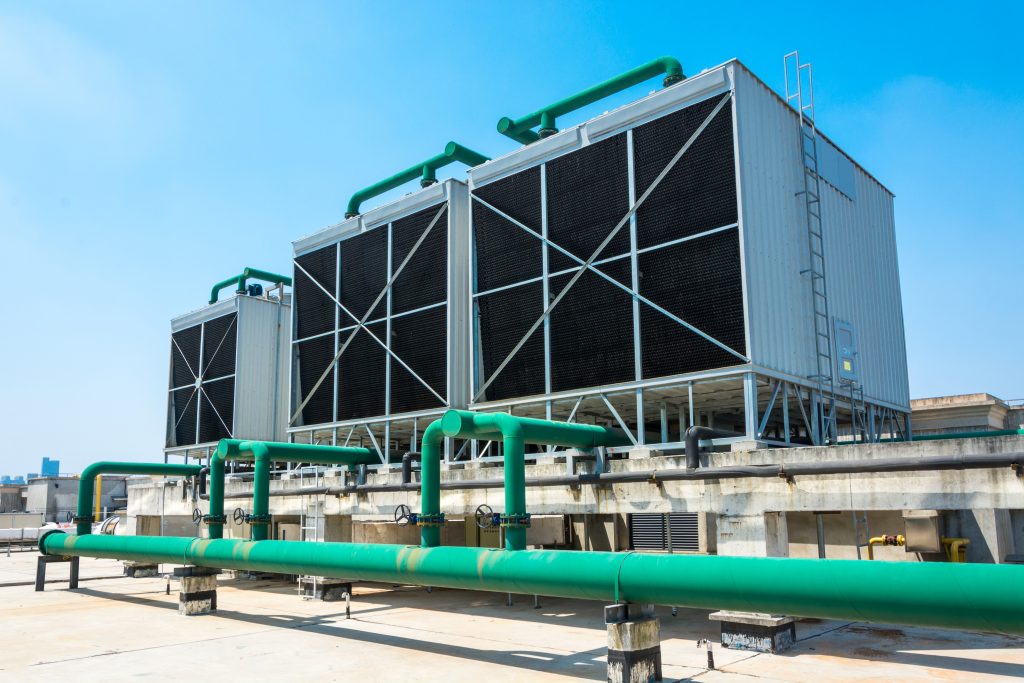Industrial wastewater represents a significant environmental challenge, carrying pollutants that threaten ecosystems, human health, and economic stability. Modern industries must adopt high standards of water treatment not merely to comply with regulations but to safeguard the environment. Ensuring clean water is essential not only for operational sustainability but also for maintaining ecological balance and protecting the health of communities.
Continuous monitoring plays a key role in quickly identifying and addressing contamination. Aprisium’s on-site, real-time testing solution empowers industries to immediately detect and manage contamination, facilitating a swift transition to proactive environmental stewardship.
The Environmental Impacts of Industrial Wastewater
Water Pollution and Aquatic Life
Industrial wastewater carries pollutants such as heavy metals, chemicals, and untreated organic materials into rivers, lakes, and oceans, degrading water quality. This contamination affects aquatic ecosystems, disrupting the life cycles of fish and other aquatic organisms, leading to decreased biodiversity and the destruction of habitats. The presence of toxic substances in water bodies can result in the bioaccumulation of hazardous materials in the food chain, posing significant risks to aquatic life.
Soil Contamination
When industrial wastewater is improperly disposed of, it can seep into the ground, contaminating soil and underlying groundwater. Soil contamination can inhibit plant growth and result in the bioaccumulation of toxins in plant tissues, which can be detrimental to the entire food chain. Animals consuming contaminated plants face health risks and reproductive failures, leading to reduced biodiversity and imbalances in the ecosystem.
Human Health Risks
Contaminants in the soil and groundwater also lead to the absorption of harmful chemicals by crops, which can enter the human food chain. Industrial wastewater can contain pathogens, chemicals, and heavy metals that pose direct health risks to humans. Communities exposed to contaminated water sources can suffer from waterborne diseases, skin disorders, and long-term conditions such as cancer and organ damage.
Mitigating Environmental Impacts Through Continuous Monitoring
Importance of Real-Time Data
Continuous monitoring offers an indispensable tool in the fight against industrial wastewater pollution. Real-time data acquisition allows for immediate detection of contaminant releases, enabling swift action to minimize environmental damage. By understanding the current state of wastewater discharge, industries can make informed decisions to adjust processes, reducing the potential for harmful spills and ensuring safer environmental practices.
Regulatory Compliance and Standards
Proactive monitoring ensures that industries comply with environmental regulations. By providing a consistent stream of data, companies can demonstrate adherence to legal standards for water treatment and discharge. This proactive approach not only helps avoid regulatory penalties but also reinforces a company’s commitment to environmental stewardship, enhancing its reputation among consumers and stakeholders.
Implementing Continuous Monitoring
Adopting a continuous monitoring system, such as for cooling tower water testing, requires an initial investment but offers significant long-term benefits. Industries should assess their unique environmental challenges and choose technologies that provide a thorough analysis of potential pollutants, encompassing both chemical and biological factors that affect water systems. Training staff on specific testing protocols like water conductivity testing, establishing clear data analysis procedures, and incorporating the results into daily operational decisions are essential for leveraging the benefits of real-time data.
Aprisium’s Solutions: A Proactive Approach to Testing and Water Treatment
Unlike traditional commercial testing labs that offer only intermittent snapshots of water quality, Aprisium provides an on-site testing lab experience with its state-of-the-art technology. This innovative approach ensures continuous, real-time monitoring of industrial wastewater, enabling immediate identification and mitigation of potential contaminants. Aprisium’s solutions outpace conventional methods by offering comprehensive insights into water quality parameters, allowing industries to not just respond to but anticipate environmental challenges.
By adopting Aprisium’s advanced monitoring technologies, industries can not only meet regulatory requirements and protect public health but also contribute positively to environmental conservation.
Take the first step towards a more sustainable and responsible industrial practice by contacting Aprisium today.



